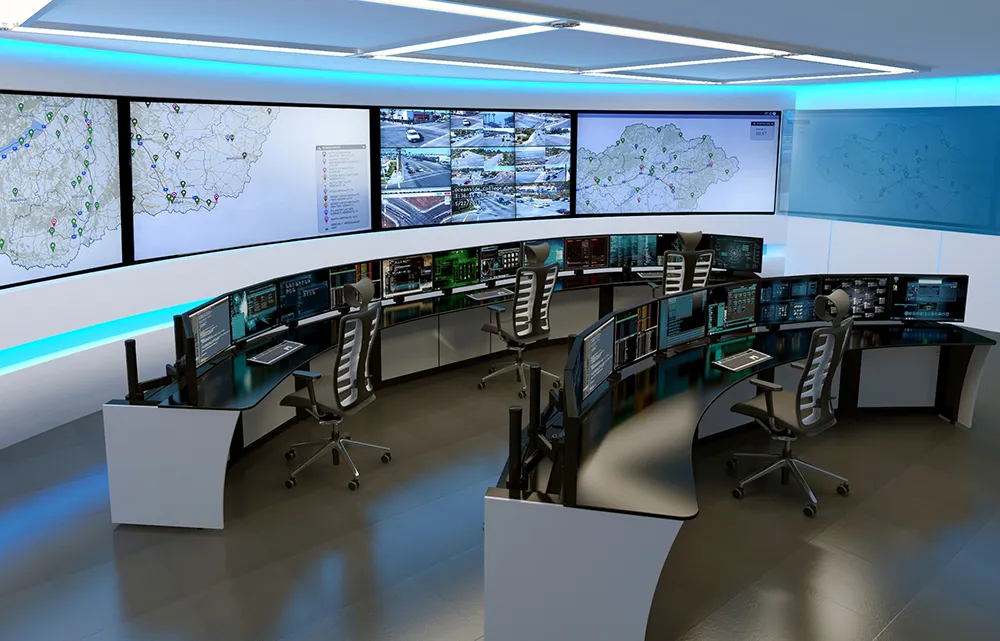The often repeated comparison between the levels of automation in the aviation and rail sectors will come under scrutiny at the Intelligent Rail Summit Vienna 28 – 30 November, according to a report in rail knowledge sharing platform Railtech.com.
Dick Terleth, director mobility at ADSE consulting and avionics specialist Sander Van Lochem, will discuss automated operations and focus on the introduction, operation and lifecycle management of automated train operations. Terleth stated that the main differences is that unlike with rail, in aviation sector there is constant communication between the pilot and ground control but there is no active automated interface between the airplane and traffic control as happens with signalling and control systems in rail.
“This is completely different in the railway sector, where space is more confined to the rail track and a much higher level of interaction between the vehicle and the rail infrastructure takes place. Also, there are more factors, like people walking along the track, to take into consideration. A lot more needs to be done to successfully implement an automated driving system on rail, as the prerequisites are much harder to fulfill,” he added.
Referring to a safety culture developed to the aviation industry, he recognised that it is not as paramount in the rail industry, but a similar focus in inevitable to a successful implementation. He added that overcoming challenges caused by system malfunctions and acceptance among passengers are two challenges that need to be overcome.
Rail Summit to discuss automated operations in Aviation and Rail, Vienna
The often repeated comparison between the levels of automation in the aviation and rail sectors will come under scrutiny at the Intelligent Rail Summit Vienna 28 – 30 November, according to a report in rail knowledge sharing platform Railtech.com. Dick Terleth, director mobility at ADSE consulting and avionics specialist Sander Van Lochem, will discuss automated operations and focus on the introduction, operation and lifecycle
October 4, 2017
Read time: 2 mins










